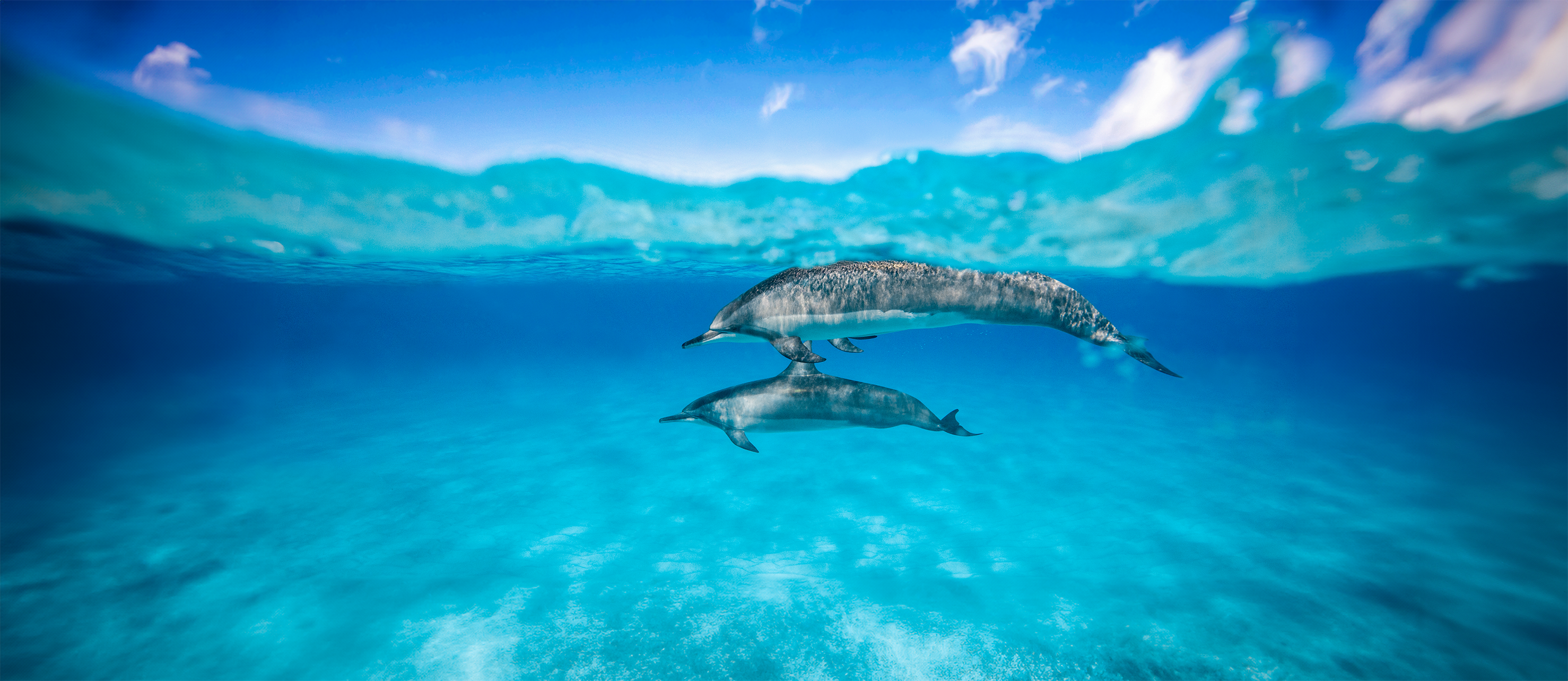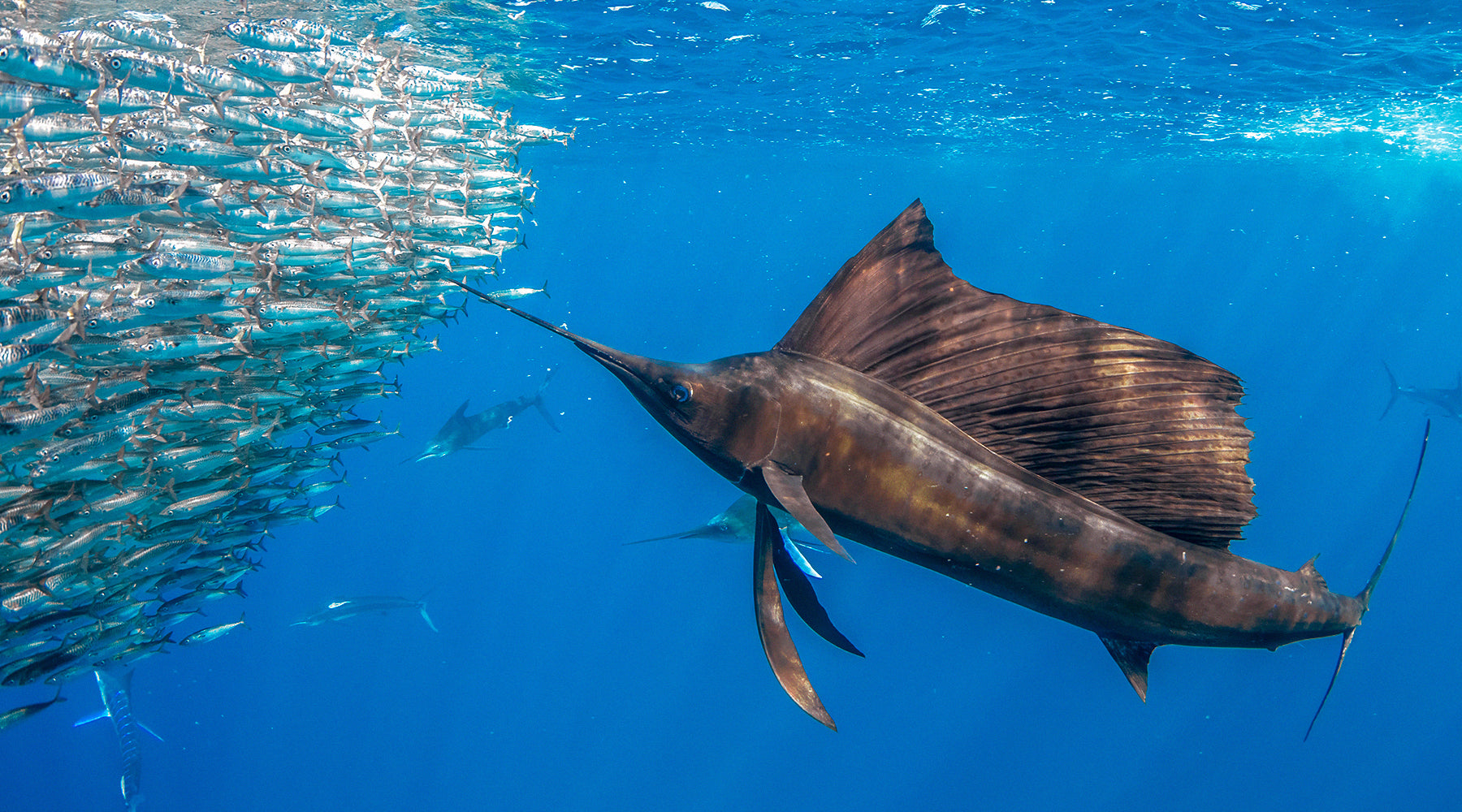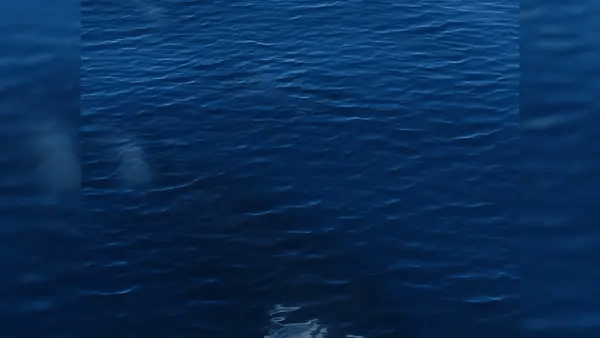7 MIN READ
04-01-2025
Coral Reefs: The Rainforests of the Ocean
Henry Bliss, 4ocean Story Producer
A Journey Beneath the Waves: Meet the Coral Reef
When you think of vibrant underwater ecosystems, coral reefs likely come to mind. These breathtaking marine structures, often called the "rainforests of the ocean," support an incredible array of life and play a crucial role in maintaining ocean health.
Coral reefs are more than just beautiful seascapes; they provide essential benefits to marine life and human communities alike. However, they are under increasing threat from climate change, pollution, and human activity. In this Creature of the Month feature, we dive into the world of coral reefs, their importance, the challenges they face, and how 4ocean is working to protect them in regions like Florida and Indonesia.


Bracelet of the Month:
2025 Coral Reef Bracelet
Pull 5 Pounds of Trash From The Ocean With Our Limited Edition 2025 Coral Reef Bracelet. Only Available April 2025!
Shop Now - Clean the OceanWhat Are Coral Reefs?
Coral reefs are complex underwater structures built by tiny marine animals called coral polyps. These polyps secrete calcium carbonate, forming the hard, limestone skeletons that create reef structures. Over thousands of years, these formations grow into vast, diverse ecosystems teeming with marine life.
Coral reefs are home to 25% of all marine species, providing shelter, breeding grounds, and food for countless organisms, from fish and sharks to sea turtles and mollusks.

What Do Coral Reefs Provide?
Coral reefs offer immense ecological and economic benefits:
Biodiversity Hotspots: They support an astonishing variety of marine species, fostering rich ecosystems.
Coastal Protection: Coral reefs act as natural barriers, absorbing wave energy and protecting coastal communities from storm surges and erosion.
Fisheries & Food Security: Many coastal communities rely on reef-associated fisheries for their primary source of food and income.
Tourism & Economy: Coral reefs attract millions of tourists each year, generating billions in revenue for local economies.
Medical Discoveries: Scientists have discovered marine compounds in coral reefs that are being used in medical research to treat diseases like cancer and bacterial infections.

The Different Types of Coral Reef Systems
Coral reefs are found in warm, shallow waters across the globe. The three main types include:
Fringing Reefs:
The most common type, fringing reefs grow directly along coastlines, forming a direct connection to the shore.
Barrier Reefs:
Located farther offshore, barrier reefs are separated from land by deep lagoons. The Great Barrier Reef in Australia is the most famous example.
Atolls:
These ring-shaped reef structures form around sunken volcanic islands, leaving behind a central lagoon. Atolls are common in the Pacific and Indian Oceans.



Why do Coral Reefs Matter to Humans?
Coral reefs are not just essential for marine life—they are vital for humans as well. More than 500 million people worldwide depend on coral reefs for food, income, and coastal protection. In places like Florida and Indonesia, reefs serve as critical economic drivers through tourism and fishing industries.
However, despite their importance, coral reefs face a growing number of threats that endanger their future.

The Major Threats to Coral Reefs
Climate Change & Coral Bleaching:
Rising ocean temperatures cause corals to expel their symbiotic algae, leading to coral bleaching. Without these algae, corals lose their color and their primary food source, often resulting in widespread die-offs.
Ocean Acidification:
Increased CO₂ levels make seawater more acidic, weakening coral skeletons and making it harder for reefs to grow.
Pollution & Plastic Waste:
Marine debris, including microplastics, entangles coral, blocks sunlight, and introduces harmful toxins into reef ecosystems.
Overfishing & Destructive Practices:
Unsustainable fishing practices, such as blast fishing and cyanide fishing, destroy coral reef habitats.
Coastal Development:
Urbanization and deforestation contribute to sedimentation, which smothers corals and reduces water quality.

How 4ocean Helps Protect Coral Reefs
4ocean works in Florida and Indonesia, two regions where coral reefs are under severe threat. Through direct cleanup efforts, awareness campaigns, and partnerships, 4ocean is helping to reduce plastic pollution and restore marine ecosystems.
Climate Mitigation:
By removing ocean plastic and ghost net fishing gear, 4ocean helps improve water quality and prevent debris from suffocating coral reefs.
Community Involvement:
4ocean works with local communities to educate the importance of keeping our oceans clean.
Coral Restoration Projects:
Collaborating with marine conservation organizations, 4ocean supports coral reef restoration initiatives, including coral planting and habitat rehabilitation.

A Call to Action
Beluga whales are enchanting and intelligent creatures, but their survival depends on our efforts to protect their Arctic home. By reducing our carbon footprint, supporting marine conservation initiatives, and advocating for sustainable practices, we can help ensure these graceful white whales continue to thrive.
Let’s work together to secure a brighter future for beluga whales and their Arctic habitat. Their survival is a testament to the health of our planet.
We’re always on the lookout for incredible stories from our community! Pitch yours to our team at

Bracelet of the Month:
2025 Coral Reef Bracelet
Pull 5 Pounds of Trash From The Ocean With Our Limited Edition 2025 Coral Reef Bracelet. Only Available April 2025!
Shop Now - Clean the Ocean



